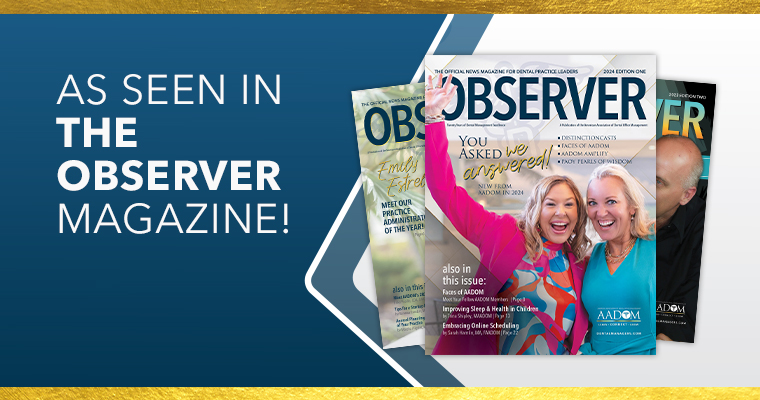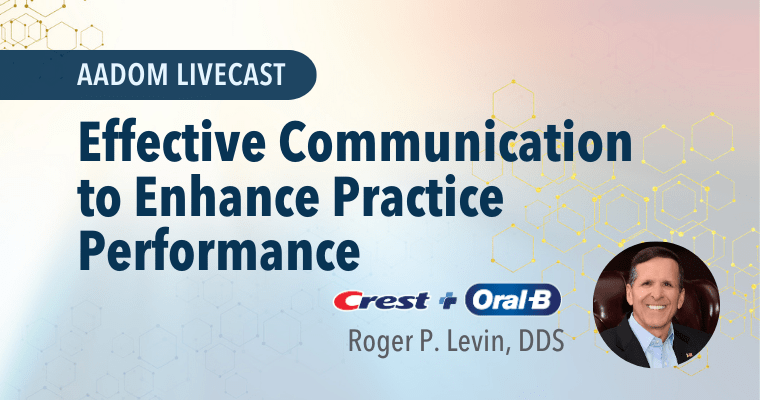Powerful Thoughts: Overcoming Adversities

Life was moving along smoothly…
I had two wonderful kids and an incredible wife. Life was good for our young family. We were happy. It looked like smooth sailing from here to the horizon—but it was just the calm before the storm.
At the age of 27, on the evening of April 3, 2001, my life, and the life of my family, changed forever.
I was on my way home from work when my wife, Shondell, called to tell me that our youngest son had just taken his first steps. I told her I would hurry, but first I needed to stop by the field and feed the elk.
I jumped onto the tractor and slid steel forks under a one-ton bale of hay at the top of the pile. As I manipulated the hydraulic controls to lift the monster bale clear, the hydraulic hoses spasmed, the forks holding the bale failed and the bale fell back onto the stack.
It was low on hydraulic fluid. I knew it.
It was obvious, and it was a simple fix that could have been remedied in six or seven minutes. All I needed to do was go to the shed fifty feet away, grab a can of fluid, and fill the hydraulic reservoir. I would have been done and ready to go—safe and smart.
But that would take too long. I wanted to see my one-year-old take his first steps.
How My Life Changed
So I tried again. I yanked on the lever. This time, the hydraulic system jerked the forks upward, and the huge bale broke free and rolled backward, falling toward me.
The bale’s crushing weight landed fully on me, slamming my face into the control panel.
My body went instantly numb and limp. I couldn’t feel my feet, legs, hands—nothing. The only movement possible was a slight shrug of my shoulders. I was paralyzed.
It took 48 minutes for Shondell to find me.
The first police officers to arrive couldn’t move the hay—not a fraction of an inch. A thousand pounds each? Of course, they couldn’t move it.
Finding the Solution to Your Problems
“Cut the strings,” I whispered. My voice was weak; they couldn’t hear me. Why didn’t they cut the strings? They could have saved a long, tortured hour.
How heavy is hay? A piece of hay is about the weight of a feather. How many pieces of hay does it take to make two thousand pounds? Lots. That package of sixteen bazillion individual pieces of hay wrapped in a gigantic bundle is a crushing weight. But separated it would have been nothing.
There is a point to be made here, isn’t there? Is it too big? Is it overwhelming? Cut the strings. Just cut the strings!
Are you buried under crushing burdens; projects that are too huge, and schedules that are too complicated?
Maybe you are trying to do too much at once—trying to do everything instead of doing something.
Cut the strings and cut yourself free. Do one thing at a time, and get it done.
Move out of the strain of the doing into the peace and joy of the done.
In his book, “The Impossible Just Takes a Little Longer,” Art Berg wrote:
“Life changes. It is the nature of life to do so. For those in this life who choose not to change, life will change for you. And it is always more painful that way.”
Life has changed for my family and me, and however uncomfortable that change may be, it is up to me to decide how to respond.
How to Adapt to Life’s Big Changes
I initially reacted to my accident, and especially to the resulting difficult circumstances, with blame and regret.
What should my response be now?
I need to ask the larger questions:
- Did this happen for a purpose? Or can I create a purpose for what has happened?
- How will I turn the circumstances of the accident—even my loss of mobility—to an advantage?
- What will I do to have more joy?
- How can I respond to my paralysis and pain constructively, rather than react destructively?
- How can I use my experience of dealing with paralysis to enhance my ability to deal with other life challenges?
- Can use my experience to enhance life itself—the meaning of life—by helping others deal with their challenges?
Thoughts are powerful. A change in our thinking changes our lives. New thinking creates new assumptions. New assumptions create different feelings and attitudes. New attitudes create a new approach to old challenges. A new approach creates new circumstances.
Like anyone going through a traumatic ordeal, I have had to make significant changes in order to survive and move forward. Most importantly, I have had to change the way I think. This is the only way to regain that joy I once had—the joy I so desperately longed for.
If we approach adversities wisely, our hardest times can be times of greatest growth, which in turn can lead toward times of our greatest happiness.
Take a FREE test drive of AADOM membership!
It includes:
- 1 webinar recording
- 1 issue of the Observer Magazine
- A complimentary Q&A session with an AADOM Success Strategist
- 1 practice management podcast
- Bonus ebook from an industry leader
What do you have to lose?






